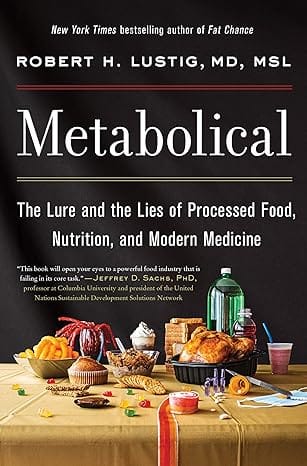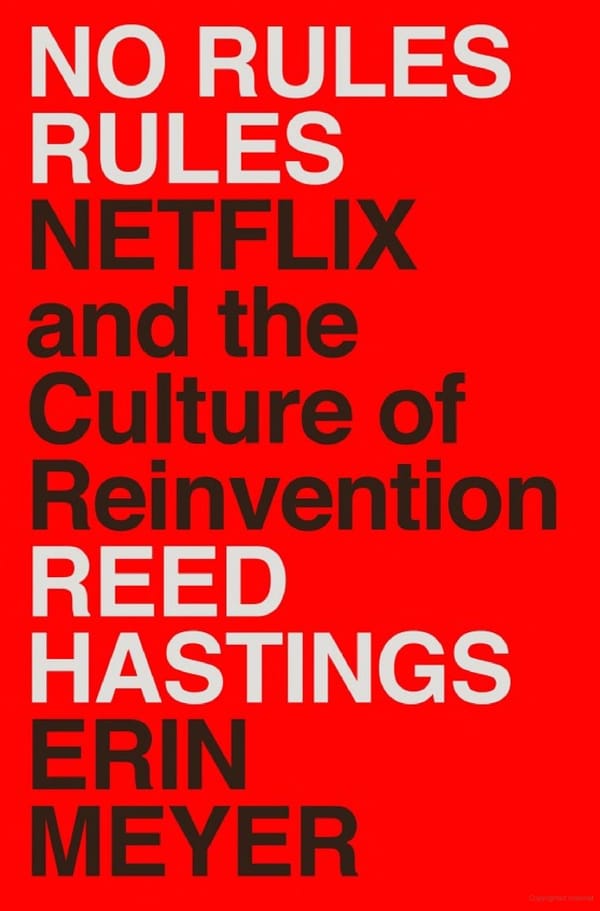Great Work
Doing great work is one of the most rewarding activities. It's something you should aim for in your career.

What is holding you back?
You’ll spend much of your life working. Generally, there are 2 ways to go about your career: the standard way and the exceptional way.
Most career advice gets you an average career, maybe in a prestigious field. I want you to do better. It is much harder than before to predict the future of the labor market, but I believe there will still be a timelessness to great work.
What is great work?
Great work is something that matters. Something exceptional. Hamming refers to it as nobel-prize-worthy, or things of that magnitude. I’ll aim slightly lower: something that puts you in the top 1% of your peer group. Perhaps this lowering of ambition comes from my own lack of courage.
Great work usually results in a step change. From Hamming:
When you find apparent flaws you've got to be sensitive and keep track of those things, and keep an eye out for how they can be explained or how the theory can be changed to fit them. Those are often the great contributions. Great contributions are rarely done by adding another decimal place.
Yet so much of work is about adding another decimal place. ‘Why’ is a different conversation. Here we’ll focus on great work.
Great work comes from working on important problems. If the problem is not fundamental to your area, it’s unlikely to result in more than a decimal place. You need to honestly ask yourself, “does this approach give me a chance at a step change?” It’s ok not to be sure. There is a large element of uncertainty in great work. Important problems are not solved yet, and their solution may not be known. Still, you need to believe that your approach gives you a chance of being deeply meaningful.
Hamming had an amusing anecdote on this from a series of questions he asked the chemistry table over several lunches:
“What are the important problems of your field?'' And after a week or so, “What important problems are you working on?'' And after some more time I came in one day and said, “If what you are doing is not important, and if you don't think it is going to lead to something important, why are you at Bell Labs working on it?”
I need to point out that not all roles and jobs offer this opportunity. My first job out of high school was at Old Navy. My role there had no scope for great work. The nature of the job has some bearing on whether or not you can do great work. Work that takes you to the frontier gives you the best chance of creating something new and meaningful, whether it is knowledge or a product.
The advice? You should start taking steps to get to a place where you can do that.
Why you should do great work
You should want to do something significant. I’ve come to believe that all humans have a generative drive. The best expression of this comes from building something meaningful. It is the path to a life best lived.
There is a notion in society of early retirement being an ideal (the FIRE movement in particular). The Economist similarly wrote a column on why retirement does not suit individuals. I don’t believe retirement leads to thriving.
An anecdote from Paper Belt on Fire:
I interviewed Levchin about what he’d been up to in the five years since selling PayPal to eBay for $1.5 billion. “I took a year off to travel the world and relax on a beach,” Max told me. “It was probably the most miserable year of my life.” I almost blurted out: “What is wrong with you?” “I was consuming things while all my friends were building great companies.”
Creating is thriving. I had the privilege of unstructured summers growing up. I was not rushing from lesson to lesson. The first month was always this caricature of retirement–I had the freedom to do whatever I wanted, all day. And it was great! But by month three I was more than ready for school to start. I wonder if we do future generations a disservice by not letting them learn this in a low-cost way. Consumption and leisure have their place, but they should not anchor your life.
And if you’re going to contribute, your ambition should be to aim high.
How to do great work
I believe the enemy of great work is good work. There’s so much of it to be done that it’s easy to say you’re making a solid contribution while not working on something truly important.
In order to do great work, you need to be set up well. Your positioning needs to be good: you’ll need to bring energy and focus to your problem. You need that drive to make progress. High quality execution against your task is not optional.
Your environment can either help or hinder you in your quest for great work. The most important part of your environment is the quality of your peers. Are you surrounded by people you can learn from? Are they people who give you energy and inspiration? If you find that, your positioning will be so much stronger.
Once you have your energy and environment right, let’s talk about attributes. From Hamming: you will need courage to pursue bold ideas. The best ideas only end up looking obvious in hindsight. You need the ability to explore small things that can blossom into big ones.
From Paul Graham, you’ll need a bias to action. Taking action will get you much further than waiting for something to happen to you or for someone to tell you what is important. Graham:
When in doubt, optimize for interestingness. Fields change as you learn more about them. What mathematicians do, for example, is very different from what you do in high school math classes. So you need to give different types of work a chance to show you what they're like. But a field should become increasingly interesting as you learn more about it. If it doesn't, it's probably not for you.
Curiosity. Once you understand your field, you can think about the open questions and keep an eye out for when you can make meaningful progress. This “open door” approach may seem like you are less focused than the “closed door” approach. It is an investment in understanding the key problems and making more progress over your career. The world is changing, and you need to keep up with that change. Knowledge is moving more quickly and the cost of missing something critical is higher than before.
Avoid contentedness. The best in the field have a hard time accepting that “this is all there is.” Instead they keep asking the question: how can this be better? This is closely related to curiosity. A natural curiosity will keep asking those questions. Today we have so much knowledge uploaded every day to arxiv and similar places. Curiosity is far more of an asset than ever before.
Be intellectually honest with yourself. Paul Graham refers to earnestness, which I think is very similar. Clouded motivations will be a distraction. Cognitive biases, such as the endowment effect on your ideas and sunk cost, can prevent you from adjusting when needed. Find ways of course correcting. Important problems are hard! Your first solution may not be the one that works.
Eventually you will need to sell it. Some breakthroughs may be very easy or obvious once solved. I bet most are not. Even the most important paper of our time, [1706.03762] Attention Is All You Need was not well understood at the time. I didn’t appreciate the impact until [2005.14165] Language Models are Few-Shot Learners. It even took several years before people conclusively knew that Perelman had solved Poincare’s conjecture.
If we think back to our smaller scale: what is the top 1% of work in your space? The first person you’ll need to sell is yourself. How do you know this is great work? What outcome here was exceptional? Why was it exceptional?
If you’re intellectually honest, this will be the hardest sell. After that you may still need to persuade others of the importance, especially if adopting your idea carries some cost. Here you must understand your audience. This means putting your work in context that matters to your audience. It would be nice if it was always obvious when great work happened. Experience suggests otherwise.
In a world that increasingly rewards asking the right question, let's start by asking what are the important problems? Great work will follow.
Resources:
- Richard Hamming’s talk: You and Your Research
- Paul Graham’s essay: How to Do Great Work



